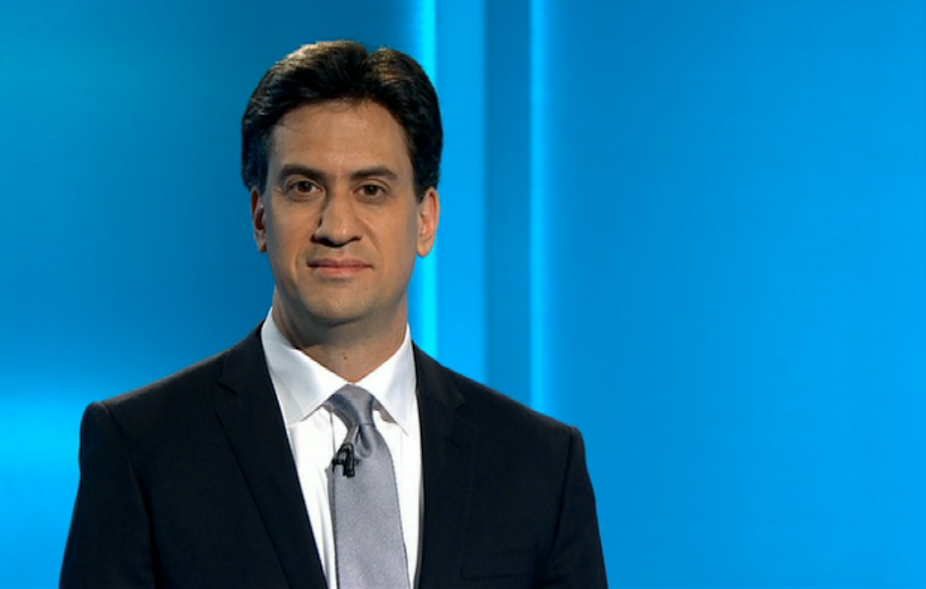Nicola Sturgeon is seen to have done well in the debate between the Magnificent Seven leaders that was screened live to the nation on April 2. That poses a problem for Ed Miliband. His party is now at even greater risk of losing most of its seats in Scotland.
The SNP leader has made it clear that she is prepared to cooperate with Labour after the election. But at this point in the campaign, that only fuels arguments from the Conservatives about the risks involved in a minority Labour government supported by the SNP. It would, they argue, mean handing over more money to Scotland – and that doesn’t play well with English voters.
Miliband was clearly well prepared for this debate. He managed to get his key themes across, sometimes speaking with passion. There was a repeated emphasis on the notion of fairness, particularly fair taxation. He emphasised falling living standards and the impact this has on working people. He was able to talk about the quality of jobs and mention zero-hour contracts. As was to be expected, he was very effective on the question of the NHS.
He had clearly been advised to look into the camera, rather than at his opponents. A phrase he kept using, in different variants, was “the people at home”. This recalled the technique of Labour veteran Tony Benn, who used to refer to “what the viewers at home will want to know”. It can be an effective way of getting one’s message across to the individual viewer.
Miliband did face the unusual experience of being attacked from the left by the Green, Plaid Cymru and SNP leaders. This was summed up by the comment made by the Green leader Natalie Bennett that what was on offer was a choice between “austerity heavy and austerity lite”. It’s true that Labour does plan to make substantial cuts and there is a risk of losing votes to the Greens, although once again Bennett’s performance was unimpressive and unlikely to appeal to mainstream voters.
There was also pressure from Nick Clegg about Labour’s failure to apologise for past mistakes. The standard response from Labour politicians on such occasions is that they did not cause the global financial crisis and they realise that banking regulation was insufficiently stringent. Miliband did not deviate from this routine.
The point that is never dealt with is that public expenditure was expanded in such a way after 2001 that a projected budget surplus disappeared, leaving less money in hand to deal with the effects of the crisis.
Miliband has come across in the first two leader debates as a competent, articulate and capable individual and, in that sense, he has done himself some good. However, it is difficult to see this latest debate as a game changer for Labour. Miliband has avoided gaffes, but so have his opponents. His performance is unlikely to propel him to an overall majority.
Anything is, of course, possible and there may be a late swing towards either party – as there was in 1992. At the moment though, Labour’s only option might be to form a perilous minority government, but nothing more. And this latest debate made that all the more clear to those voters who actually tuned in.

